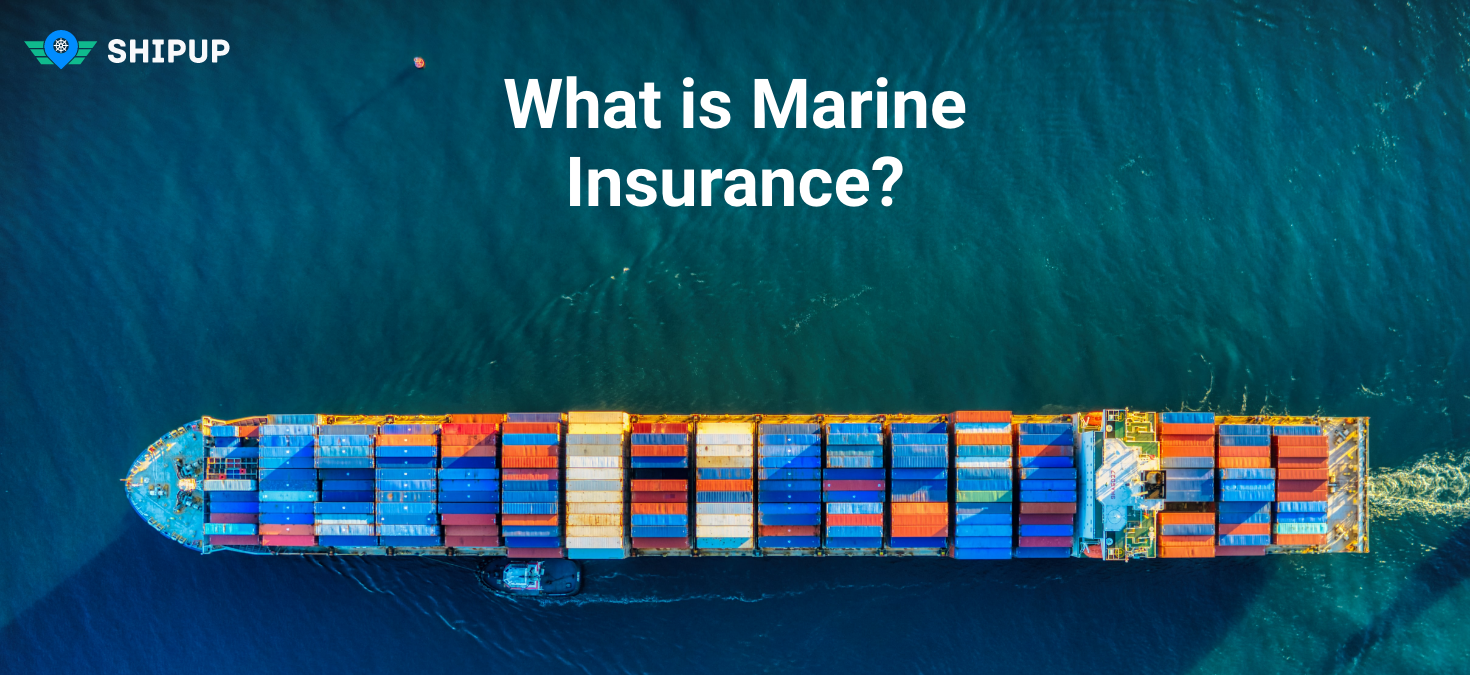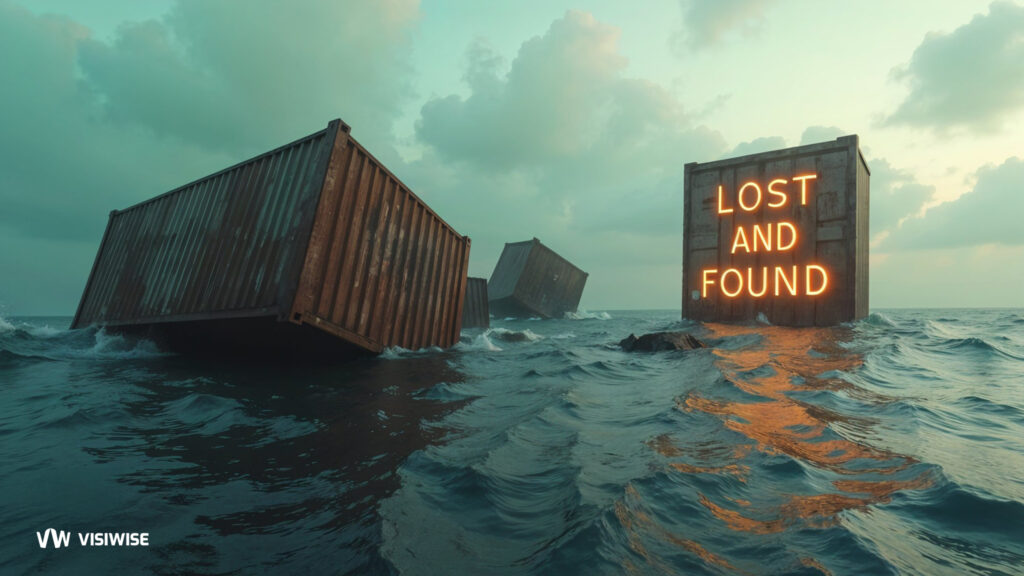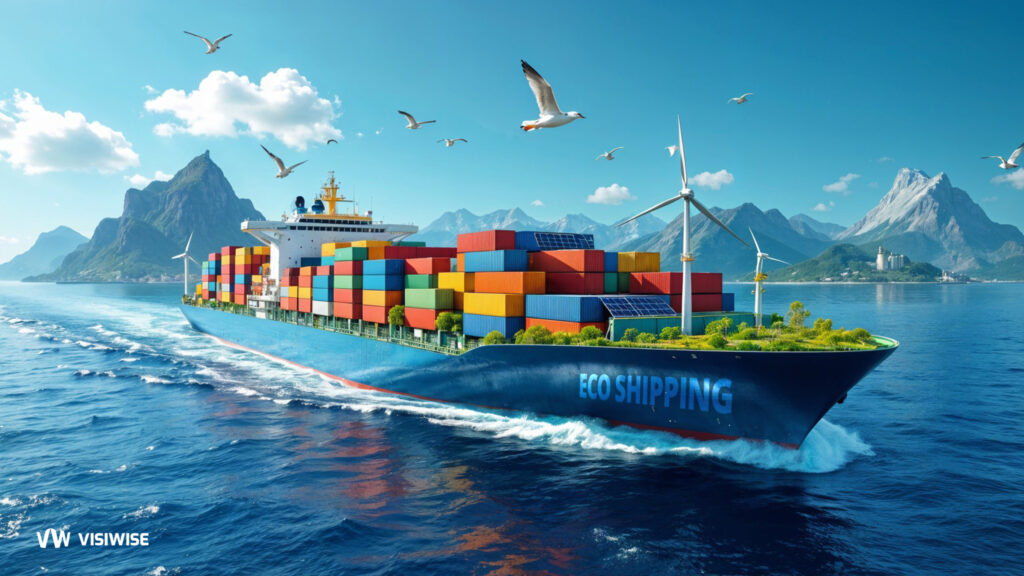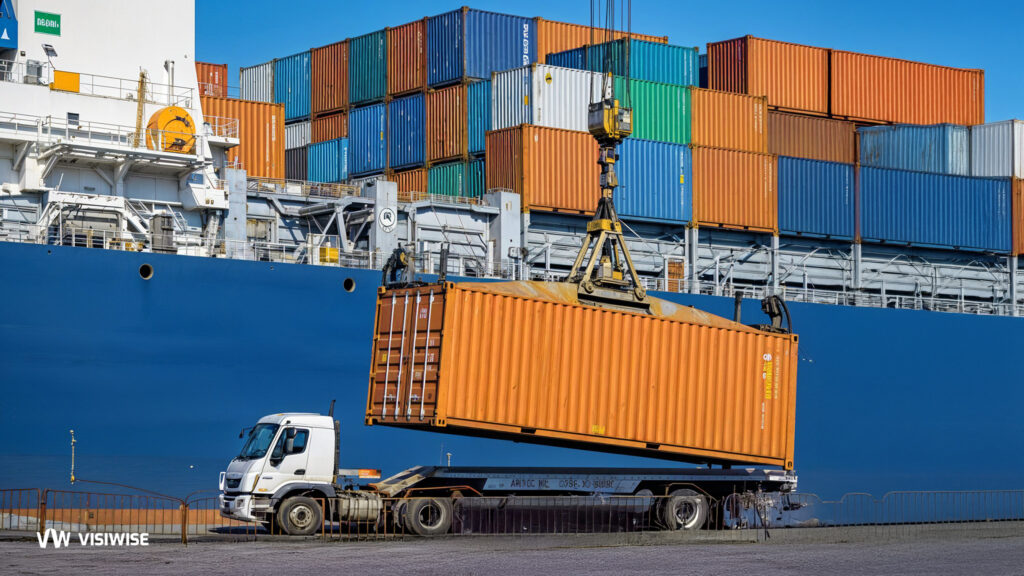The term “insurance” can be called “Protection against future loss.” Another official title for insurance in logistics is “marine insurance,” which, as the name implies, covers both ships and boats and, perhaps most significantly, the cargo they carry. All those who need to transport their goods through oceans want reliable support if anything happens to the cargo or the vessel, and this type of insurance is designed to solve these concerns.
Marine insurance can’t be ignored since, thanks to it, ship owners and carriers may be sure that they will be able to file claims for losses, especially given the manner of transportation utilized.
Why Marine Insurance?
Rail, air, road, and water are the four modes of transportation that worry transporters the most. This is because natural disasters could damage the cargo and the vessel, as well as other happenings and factors that could result in a significant loss for the transporter’s and the shipping company’s financial well-being.
As far as sea transportation is concerned, incidents like piracy and potential occurrences like cross-border gunfights also constitute a serious threat. For this reason, it is always advantageous to have a backup plan like marine insurance in the best interests of the company and the carrier.
Another crucial benefit of having marine insurance is that a carrier can customize the plan to fit the size of his ship, the paths that his ship takes to deliver the cargo, and many other small details that could have a significant impact on the transporter.
Additionally, the transporter may select and take advantage of the finest policy that best matches his company’s needs because there are several plans and policies that imply protecting not only the cargo but also the vessel. In this way, details show how insurance companies are going to cover the loss, if any.
However, despite the fact that maritime insurance gives carriers and businesses a just claim, it must be noted that marine insurance has always been one of the toughest and harshest insurance categories, dating back to the 17th century.
What Is Different When You Have Marine Insurance?
It is crucial that a ship’s captain adheres to a strict procedure regarding the route followed and the amount of time needed for the cargo and the vessel to arrive at the desired destination port when dealing with the breadth and extent of marine insurance. It is definitely harder for them, but instead, they will benefit from many things in the case of an incident.
It is now clear why the ship’s captain should make some tough considerations about the paths and routes of their journey. As all the terms and conditions are noted in the insurance contract, any further decision that goes beyond the terms will ruin the insurance contract, and the insurance company will not cover the unplanned loss.
This would increase the captain’s vigilance and lessen the likelihood that he would lose significant insurance claims as a result of carelessness and irresponsibility.
Marine Insurance or a Safe Haven?
For shipping companies and carriers, marine insurance is a safe refuge since it helps to minimize the risk of financial loss due to the loss of valuable goods. Additionally, it promotes the responsibility, devotion, and honesty of the insurance firms to the transportation businesses and the recipients.



